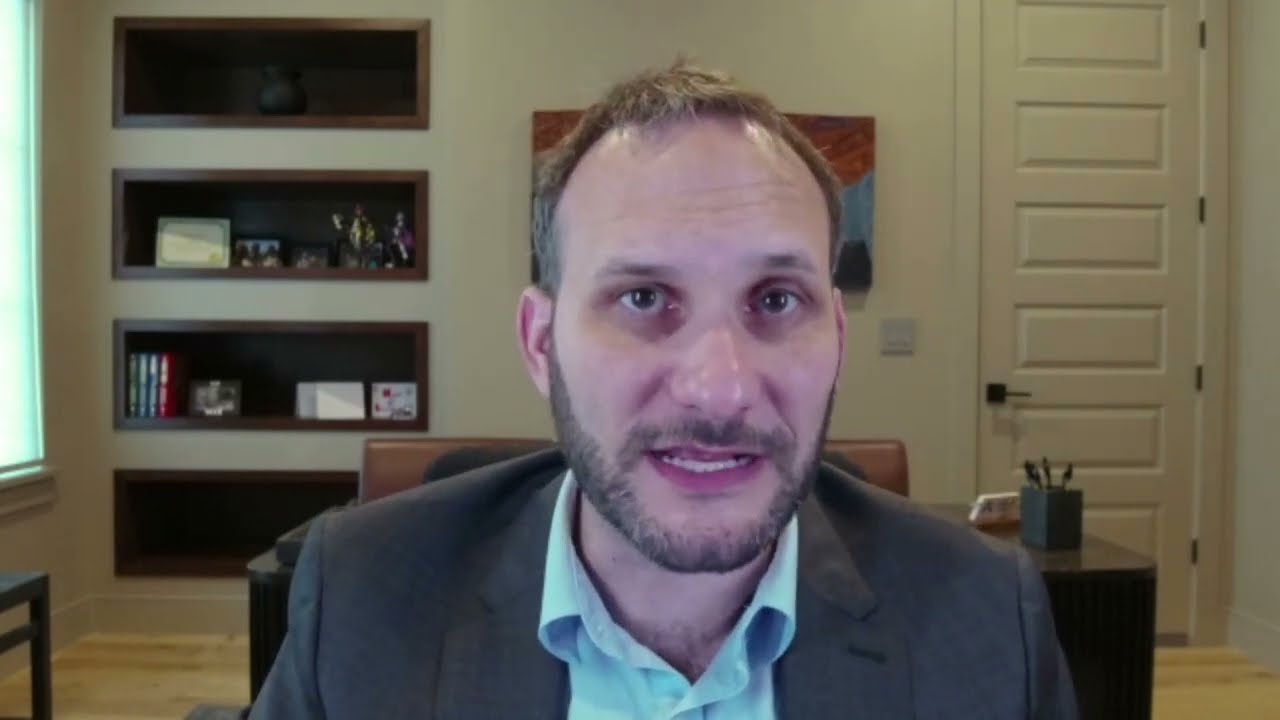Adult Adoption in Florida: Steps and Requirements
What Is Adult Adoption?
Adult adoption in Florida allows an adult to adopt another adult to formalize a parent-child relationship. The adoption requires the consent of both parties and approval from the court. Florida law allows such adoptions for purposes like inheritance rights or permanent familial bonds.
Key Effects of Adult Adoption
- An adult adoption terminates the legal relationship between the adoptee and the absent biological parents
- With an adult adoption, the Petitioner becomes the legal parent of the adult adoptee.
Adult adoption is common in Florida and is often used to formalize relationships, such as step-parent and step-child bonds, or to secure inheritance rights.
Who Can Be Adopted as an Adult in Florida?
In Florida, any person over 18 years old can be adopted as long as they consent to the adoption.
Florida law does not impose an upper age limit or other specific requirements for the adoption. The person adopting the adult can be either single or married. However, if the adopter is married, their spouse must provide consent to the adoption.
The adopting adult must be legally competent. If married, their spouse must also consent to the adoption unless the spouse is legally excused or has had their parental rights terminated.
The court will generally grant the adoption if it finds that the adoption is in the best interest of both parties. Florida courts do not require a home study or background check for adult adoptions, and the process is more streamlined than that for minor child adoptions.
Adult adoption may not be used for illegal purposes, such as to avoid immigration laws or commit fraud. In rare cases, the court may deny the adoption if it finds that the proposed relationship is not genuine or is being used to circumvent other legal restrictions.
We help families throughout Florida.
Gideon Alper is an adult adoption attorney who has been helping families across Florida for over 15 years. He provides all services remotely and handles the entire adult adoption process from start to finish. His services start with a free phone or video consultation.

Reasons to Pursue an Adult Adoption in Florida
Most often, an adult adoption legalizes a parent-child relationship that already exists. For example, an adult adoptee may have grown up with the Petitioner acting as if they were the adoptee’s parent, even if they were not legally. Often, this is a stepparent who did not complete a stepparent adoption while the adoptee was a minor.
An adult adoption, therefore, is a way to legally formalize a parent-child relationship for the remainder of their lives.
Tip: The most common type of adult adoption I see in my practice is a stepparent adoption of adult stepchildren.
Requirements for Adult Adoption in Florida
In Florida, the requirements for adult adoption are established by Chapter 63 of Florida law. Under the law, an adult adoption requires:
- The adult adoptee’s spouse, if married, must sign a consent to the adoption.
- Written notice of the final hearing must be served on the existing parents.
- The adult adoption case must be filed in the county where the adopting parent lives or in the county where the attorney handling the adoption is located.
- The petition for adult adoption must include a statement for why the petitioner wishes to adopt the adult.
- The adult adoptee must sign a consent to the adoption.
Neither the petitioner nor the adult adoptee must reside in Florida for any set length of time. Florida law previously required the adoptee to have lived in Florida for six months; however, that requirement has since been repealed.
The existing parents do not need to consent to the adoption. However, they are legally entitled to be notified about the adoption hearing.
Steps to the Adult Adoption Process in Florida
There are five steps to an adult adoption in Florida:
- File the petition.
- Schedule the hearing with the judge.
- Serve notice of the hearing.
- Attend the final hearing.
- Amend the birth certificate
1. File the Petition
A petition to adopt an adult begins the legal process. The petition is filed in the court where the petitioner resides, or in the court where the adoption attorney is located. The petition must include all attachments required by Florida law.
The county will charge a filing fee to open the adoption court file.
2. Schedule the Hearing
Once the petition for adult adoption is filed, the county clerk will assign the file to one of the judges handling domestic relations cases. The judge assignment is random.
Each judge maintains their own scheduling procedures and calendar. You and your attorney will pick one of the available hearing dates for the final hearing of adoption.
After the hearing time is secured, your attorney should file and give you a copy of a Notice of Hearing.
3. Serve Notice of the Adult Adoption
Florida law requires that notice of the adoption hearing be served on or provided to the adult adoptee’s existing parents. You do not need to obtain the consent of the existing parents to complete the adult adoption.
If you do not know the location of the existing parents, then constructive service is allowed. This means that the notice of hearing will be published in a court-approved newspaper.
4. Conduct the Final Hearing
Most judges conduct the final adoption hearing virtually by Zoom or Microsoft Teams. That means both the adopting petitioner and the adult adoptee can attend the hearing from their home.
Most hearings take 5-10 minutes. Much of the legal work has already been done in preparation for the hearing day. Your attorney will ask the adopting petitioners and the adult adoptee a series of simple questions during the hearing. Primarily, the judge wants to ensure that everyone understands the legal implications of the adoption and is willing to proceed with it.
After the hearing, the judge will enter the Final Judgment of Adult Adoption, which formalizes the parent-child relationship.
5. Amend the Birth Certificate
Once the legal process is complete, your attorney can help you apply for an amended birth certificate. The amended birth certificate will list the Petitioner as the parent.
If the adult adoptee had their name changed through the adoption, then the amended birth certificate will reflect the change of name.

Benefits of Florida Adult Adoption
In Florida, an adult adoption formalizes the parental-child relationship between two adults. The benefits of adult adoption include:
- The ability for an adult adoptee to inherit from their biological parent.
- The ability to take on the adopting parent’s last name.
- Being able to identify as family in a hospital or other emergency situations.
- In some situations, it is necessary to formally terminate the parental status of a toxic parent-child relationship.
- Becoming legally part of the family.
Rights of Biological Parents in Adult Adoption
In an adult adoption in Florida, biological parents have very limited rights compared to a traditional adoption of a minor.
Florida law does not require a biological parent’s consent for the adoption of an adult. Once a person turns 18, they have full legal capacity to consent to their own adoption without needing approval from their biological parents. The biological parents do not have a legal right to object or prevent the adoption from going forward.
After the adult adoption is finalized, the legal relationship between the adopted adult and their biological parents is terminated. The biological parents are no longer considered the legal parents for purposes like inheritance, unless the adopted adult makes specific arrangements through a will or trust.
Adult Adoption FAQs
How much does it cost to adopt an adult in Florida?
An adult adoption costs around $3,500, which includes a legal fee, the court costs, the filing fee, and the birth certificate amendment fee. Doing the adoption yourself would save you the legal fee, but you would need to strictly comply with Florida adoption law.
Can you adopt someone over 18?
In Florida, any adult who is 18 or old can be adopted by another adult as long as the adoptee agrees to the adoption. Both the adopting adult’s spouse and the adult adoptee must consent to the adoption. The adult adoptee’s existing parents do not need to consent.
Is there an age limit to adopt in Florida?
There is no age limit to adopt in Florida. Any single person or a jointly married couple can adopt another person in Florida. They do not have to be a certain age.
How long does an adult adoption take?
It takes 4 months on average to complete an adult adoption in Florida. Unlike adopting a minor, adult adoption in Florida does not require a home study or background check. There’s no six-month wait for residency.
What is adult adoption in Florida?
Adult adoption is a legal process allowing one adult to adopt another. It creates a permanent parent-child relationship, granting the adoptee inheritance rights and the emotional/legal benefits of family ties, even though both parties are already adults.
Does adult adoption affect child support or parental obligations?
Because both individuals are adults, adult adoption does not create child support obligations or change existing support arrangements. The primary benefit is legal recognition and associated rights, not financial responsibility.
How is adult adoption different from step-parent adoption?
Adult adoption isn’t limited to step-parents—it can occur between any consenting adults who want the legal parent-child relationship.
Will my name change automatically after adult adoption?
No. A name change doesn’t occur automatically—you must request the name change in the adoption petition.
What is the process for adult adoption in Florida?
The process typically involves filing a petition, obtaining written consent from involved parties, attending a court hearing, and receiving a final judgment. No home study is needed, and legal formalities are simpler than for minor adoption.
Can adult adoption be reversed or annulled?
Once finalized, adult adoption is rarely reversed. Only upon exceptional circumstances such as fraud.


